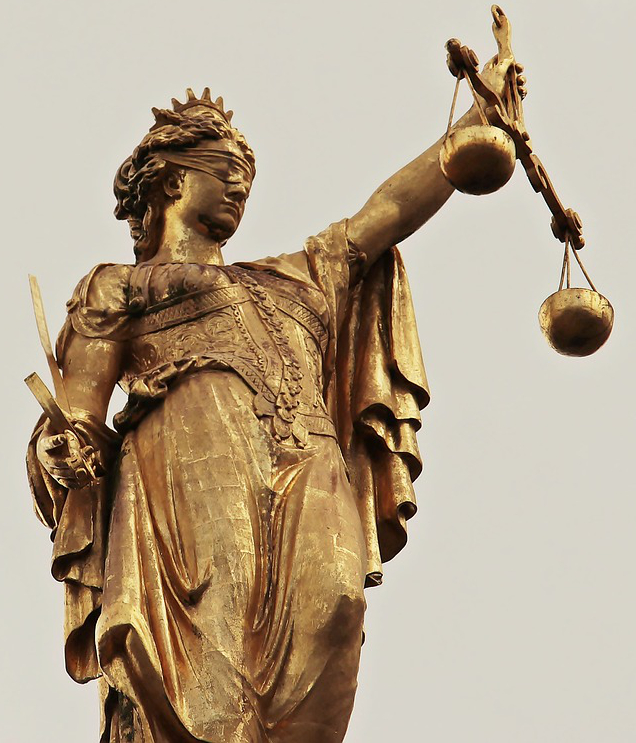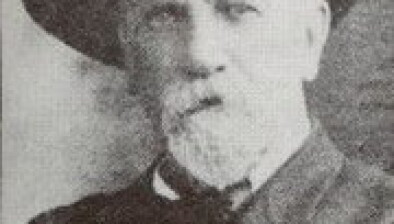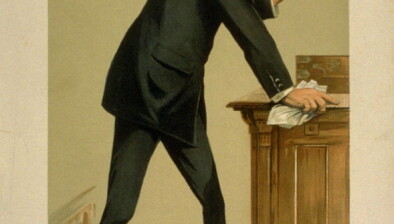Irish Legal Heritage: A Glasgow kiss

In 1937, a story emerged in the newspapers about a girl from Glasgow called Julia Clarke who had been sentenced, in absentia, to one month’s imprisonment for “kissing a boyfriend in public”.
Ms Clarke and the (notably unnamed) local boy had been seen kissing on church property in Blackrock, County Louth – leaving the local vigilance committee “shocked” and the justices at Dundalk court “so scandalised that, although Miss Clarke already had returned home to Glasgow, they passed the sentence with a view to keeping her out of the country forever”.
The court reportedly ordered the anonymous boyfriend to donate £2 to the St. Vincent de Paul Society.
In a short film from around that time, Ms Clarke did not look too upset at her sentence (which, in any event, could not be enforced unless she returned to Ireland).
It is said that Ms Clarke was the first girl to be prosecuted under a statute known as Éamon de Valera’s “Vice Act” – the Criminal Law Amendment Act 1935.
The Criminal Law Amendment Act 1935 was enacted on 28 February 1935 “to make further and better provision for the protection of young girls and the suppression of brothels and prostitution, and for those and other purposes to amend the law relating to sexual offences”.
The act is (in)famous for section 17, which made it illegal for any person to sell or import any contraceptive into Ireland, and any person found guilty of an offence under section 17 could be fined up to fifty pounds or sentenced to six months’ imprisonment. Another curious feature of the Act is its reference to “feebleminded females” in section 4.
The prosecution of Ms Clarke and her boyfriend was most likely under section 18 of the act, entitled “Public Indecency”:
“Every person who shall commit, at or near and in sight of any place along which the public habitually pass as of right or by permission, any act in such a way as to offend modesty or cause scandal or injure the morals of the community shall be guilty of an offence under this section and shall on summary conviction thereof be liable to a fine not exceeding two pounds or, at the discretion of the court, to imprisonment for any term not exceeding one month”
Pursuant to the Criminal Law (Rape) (Amendment) Act 1990, liability under section 18 was amended to include a fine of up to IR£500 or imprisonment of up to six months; however, the section has since declared unconstitutional in the High Court.
In Douglas v DPP & Ors [2013] IEHC 343, Mr Justice Gerard Hogan stated: “The offences of causing scandal and injuring the morals of the community are hopelessly vague and subjective in character and they intrinsically lend themselves to arbitrary and inconsistent application. No clear standard of the conduct which is prohibited by law is articulated thereby and s. 18 does not contain any clear principles and policies. In this respect the relevant provisions of s. 18 are manifestly unconstitutional and are inconsistent with Article 15.2.1, Article 15.5.1, Article 38.1, Article 40.1 and Article 40.4.1 of the Constitution.”










